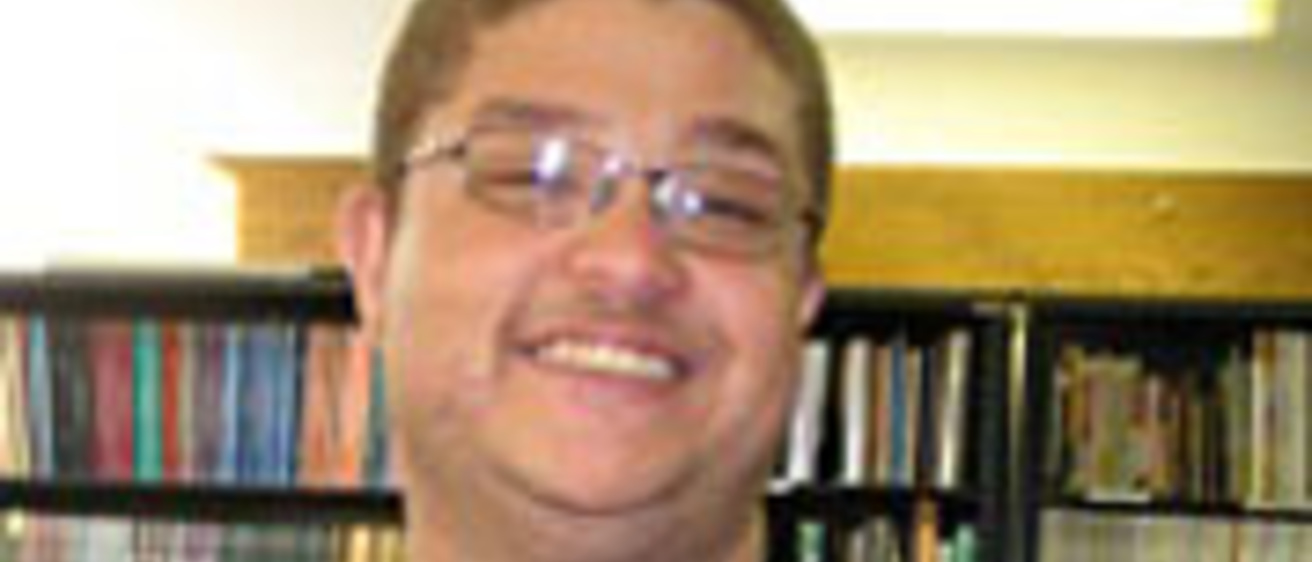URP alum Andrew Greenlee (class of 2006) presented his doctoral research to the public in Iowa City on October 21st with about 70-90 people in attendance. Greenlee is currently a Ph.D. candidate in the Department of Planning and Policy at the University of Illinois at Chicago. His presentation, "Is Chicago Creating the Third Ghetto: Current Evidence and Reconnaissance Framework," focused on the multi-state diaspora of Chicago's public housing residents, as facilitated by the policies of mobility written into the Housing Choice Voucher Program.
To enhance understanding of this diaspora, Greenlee first provided background about the rise of Chicago's "first ghetto" after World War I, and the subsequent rise of what Arnold Hirsch has termed the "second ghetto" as a result of post-World War II policies that resulted in the construction of concentrated clusters of high-rise public housing projects. Greenlee's presentation contrasted the "second ghetto" with the Chicago Housing Authority's Plan for Transformation (1999 to the present). He focused on how the Plan's multi-pronged strategy of deconcentrating poverty through place-based improvements (mixed income communities) and people-based benefits (housing vouchers) helped fulfill the promise of "transforming" Chicago's most disinvested spaces of public housing, but also created room for the retrenchment of some former public housing residents into racially- and economically-segregated communities within the region, mostly via voucher-based residential mobility. Spatially, Greenlee's presentation focused on moves made through the State of Illinois, especially in terms of flows in and out of Chicago/Cook County, but it also touched on interstate flows of people from Chicago and other Illinois housing authorities to places such as Iowa City.
Greenlee's presentation, may be viewed with itunes, iphone, or quicktime. It is a large file (404 mb) and may take a while to load.
The Iowa City Press-Citizen ran an Opinion piece prior to the presentation, quoting Greenlee and relating his research to the areas of public-assisted housing in Iowa City. An additional article ran the day after the presentation, also in the Iowa City Press-Citizen.
